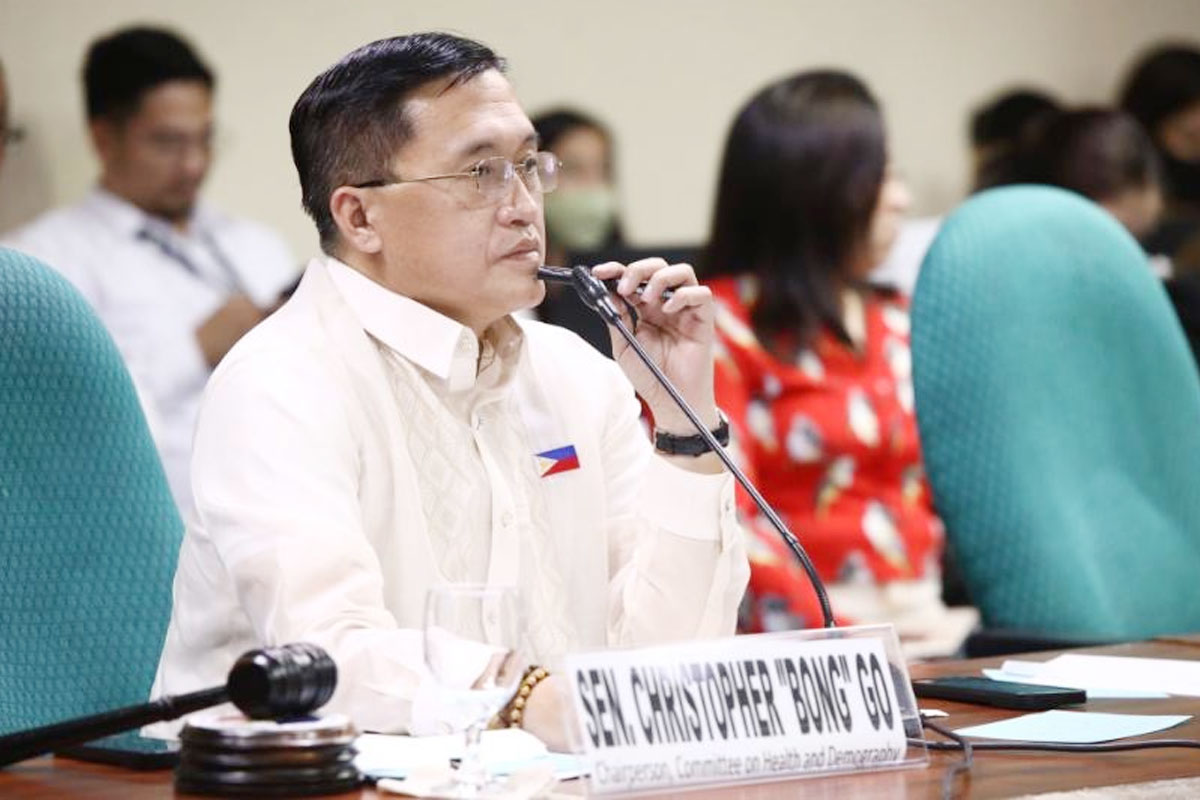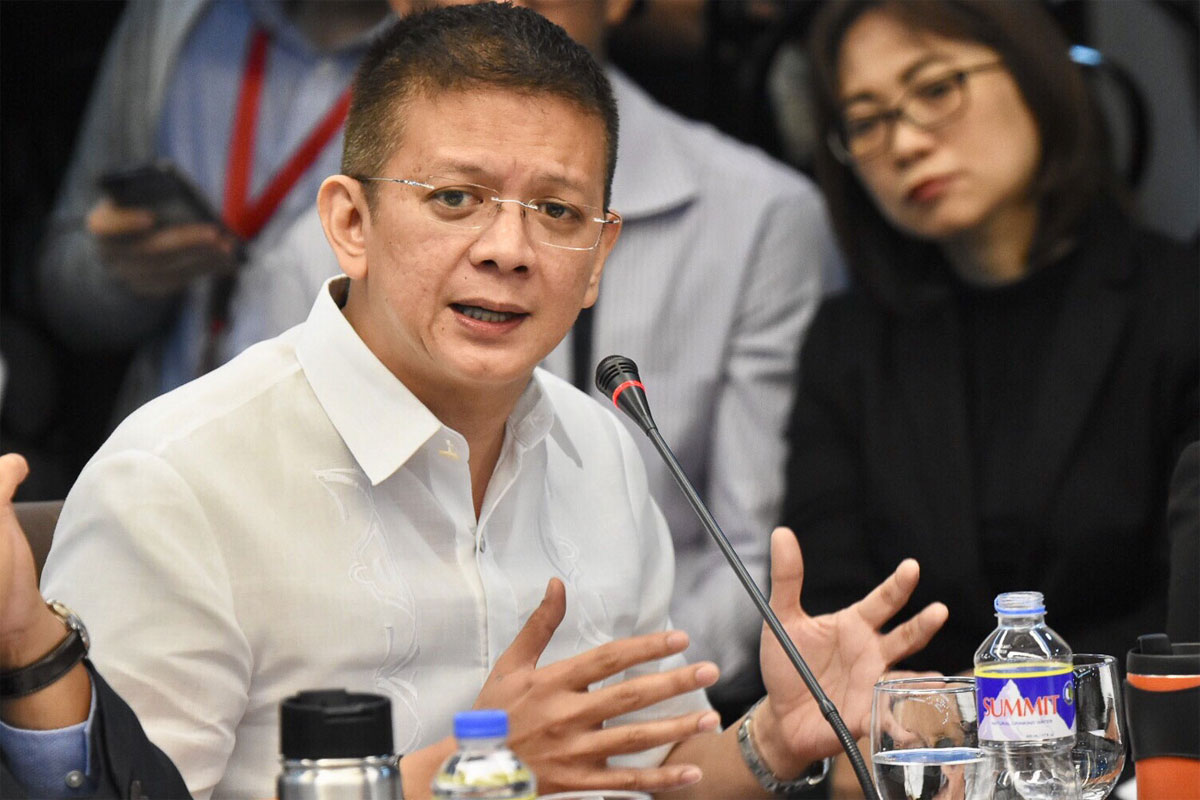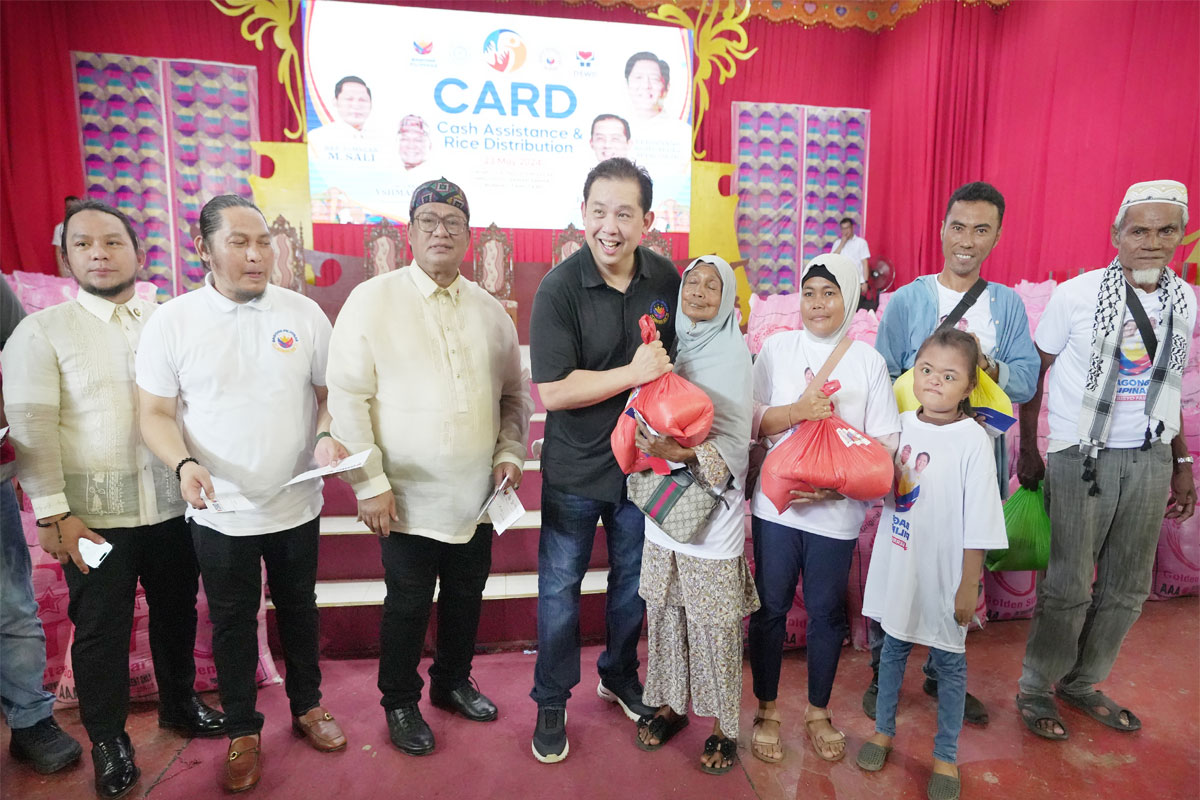
Salceda: Expanded crop insurance to protect farmers from ASF losses
THE chairman of the House committee on ways and means has filed a bill expanding the crop insurance system of the country, as a means to protect farmers from losses due to the African Swine Fever (ASF) and crop infestations such as the “tungro” disease among rice crops.
“Our crop insurance system currently covers mostly the mandatory crop insurance programs. We do not really have a significant private sector crop insurance system. Because of climate change, however, we can expect more infestations in the future. While bioscience in agriculture has to evolve, we definitely also have to make sure the financial sector support programs are present,” Albay Rep. Joey Sarte Salceda, panel chairman, after tungro, a viral infection caused by grasshoppers, affected rice farms in Albay said.
Under the Expanded Agricultural Insurance Act, Salceda said it aims to expand agricultural insurance coverage by allowing the Philippine Crop Insurance Corporation or PCIC to offer reinsurance programs to private sector insurers.
Salceda said also allows the government-run corporation to expand its portfolio in livestock insurance.
“This bill follows a recommendation from a 2019 discussion paper by the Philippine Institute of Development Studies (PIDS), titled ‘Towards a More Inclusive Agricultural Insurance Program,’ which found that agricultural insurance penetration rates in the Philippines remains in need of improvement, with programs focusing on mandatory insurance coverage,” Salceda said.
As of 2018, only 13.33% of the total agricultural land cultivated in the Philippines was insured with the Philippine Crop Insurance Corporation (PCIC).
“I am adopting that paper’s recommendations with this bill. To improve insurance coverage, the PIDS paper recommended that the PCIC’s charter be expanded to make it a reinsurer for other entities willing to offer agricultural insurance. Such entities may include cooperatives, farmers’ associations, and other private sector participants, such as private financial institutions,” Salceda stressed.
He said reinsurance is secondary insurance for primary insurance companies, adding it allows primary insurers to hedge some of the risks they incur against another insurance product.
“By mitigating some of the risks to primary agricultural insurance, the PCIC will be able to lower the costs of private agricultural insurance,” Salceda said.
Salceda also said that the proposed Virology Institute of the Philippines, a Build, Build, Build program whom he is the principal author in Congress, will be crucial in protecting the agri sector from virus-related risks such as ASF and ‘tungro.’
“Many of the problems our agriculture sector is facing comes from neglecting our biosafety. Viruses have always been a problem in agriculture. We should invest in protecting ourselves and our food from this threat,” Salceda said.
Salceda says that he already secured the support of the Department of Agriculture (DA) in assisting the farmers affected by ‘tungro’ in Albay, but “we should also invest in resiliency.”
“I am confident [Agriculture] Secretary (William) Dar understands the need for long-term investments in agricultural biosafety, because his private sector work involved much biosafety work,” Salceda said.
“We have to protect our farmers and our food. No other national security measure is more important in a country with such a large population to feed as ours,” Salceda added.















